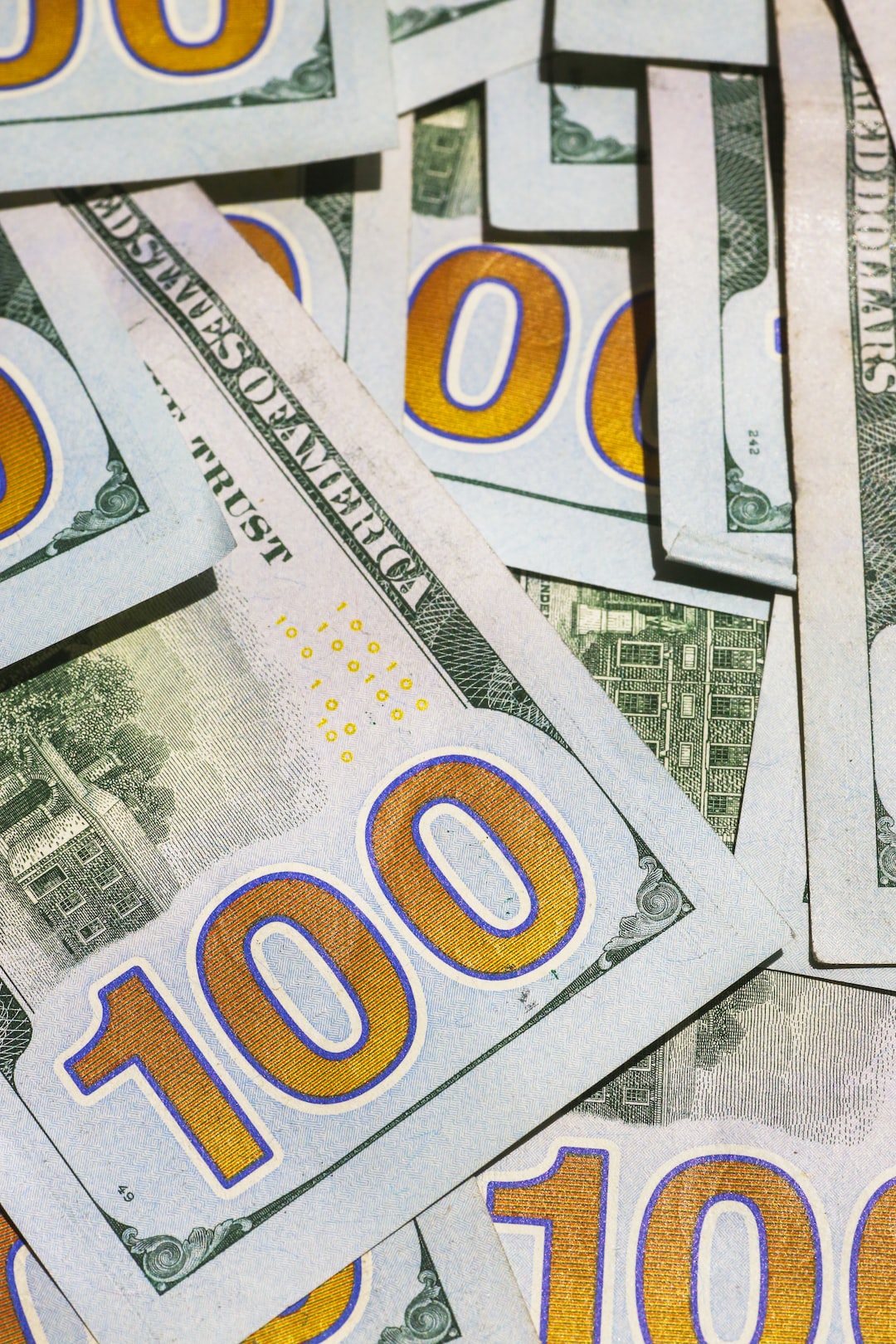The foreign exchange or forex market is a decentralized global market where currencies are traded. It is the largest and most liquid financial market in the world, with an average daily trading volume of over $5 trillion. The forex market is open 24 hours a day, five days a week, and is accessible to anyone with an internet connection. However, banks are the major players in the forex market, controlling a significant portion of the market. In this article, we will discuss how banks control the forex market.
Banks are the primary market makers in the forex market. They act as intermediaries between buyers and sellers, and they make money by charging a spread, which is the difference between the buying and selling price of a currency pair. Banks have access to the most up-to-date market information and can leverage their vast resources to take advantage of market movements.
Central Banks
Central banks are the primary regulators of the forex market. They are responsible for maintaining the stability of their country’s currency and economy. Central banks use various tools to control the forex market, including interest rates, reserve requirements, and open market operations.
Interest Rates
Interest rates are one of the most important tools used by central banks to control the forex market. A central bank can raise or lower interest rates to influence the value of its currency. Higher interest rates make a currency more attractive to foreign investors, which can lead to an increase in demand and an increase in the currency’s value. Conversely, lower interest rates can make a currency less attractive, leading to a decrease in demand and a decrease in the currency’s value.
Reserve Requirements
Central banks also use reserve requirements to control the forex market. Reserve requirements are the amount of funds that banks must hold in reserve against their deposits. By increasing or decreasing reserve requirements, central banks can control the amount of money that banks have available to lend. This, in turn, can affect the supply of money and influence the value of a currency.
Open Market Operations
Central banks also use open market operations to control the forex market. Open market operations involve the buying and selling of government securities in the open market. By buying government securities, central banks inject money into the economy, which can lead to an increase in the money supply and an increase in the value of the currency. Conversely, by selling government securities, central banks can reduce the money supply and decrease the value of the currency.
Large Commercial Banks
Large commercial banks are the major players in the forex market. They have significant resources and access to the most up-to-date market information. Large commercial banks use their resources to take advantage of market movements and make money by charging a spread on currency trades.
Large commercial banks also act as market makers, providing liquidity to the forex market. They buy and sell currencies on behalf of their clients, and they also trade currencies among themselves. This helps to ensure that there is always a buyer and a seller for any given currency pair, which helps to maintain market stability.
Hedging
Large commercial banks also use hedging strategies to control the forex market. Hedging involves taking positions in the forex market to offset risks in other areas of the bank’s business. For example, if a bank has loaned money to a foreign borrower, it may hedge its position by taking an opposite position in the forex market. This helps to reduce the bank’s risk and can also influence the value of the currency.
Conclusion
Banks play a significant role in the forex market. Central banks use various tools to control the forex market, including interest rates, reserve requirements, and open market operations. Large commercial banks act as market makers, providing liquidity to the forex market, and use their resources to take advantage of market movements. They also use hedging strategies to control risks in other areas of their business. Together, banks help to ensure the stability and liquidity of the forex market.






